The Significance Of Polyps

- Polyps are common (they occur in 30-50 percent of adults)
- Not all polyps will become cancers
- It takes many years for a polyp to turn into a cancer
- Polyps can be completely and safely removed
WHAT DO POLYPS LOOK LIKE?
During colonoscopy, your doctor inserts a very thin flexible tube with a light source and small camera into the large intestine (colon) and examines the lining of the colon. The inside of the colon is a tube-like structure with a flat surface with curved folds. A polyp appears as a lump that protrudes into the inside of the colon. The tissue covering a polyp may look the same as normal colon tissue, or, there may be tissue changes ranging from subtle color changes to ulceration and bleeding. Some polyps are flat (“sessile”) and others extend out on a stalk (“pedunculated”).
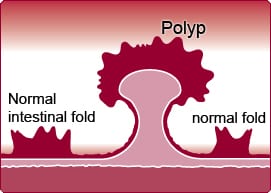
Colorectal cancer is the second leading cause of cancer deaths in the United States, accounting for 14 percent of cancer deaths. Colorectal cancer is preventable if precancerous polyps (ie, adenomas) are detected and removed before they become malignant. Over time, some small polyps can change their tissue structure and grow in size to become cancerous polyps. Polyps are removed when they are found on colonoscopy to eliminate the potential for them to become malignant.
Meet Our Providers

Camille Licata, APN-C Learn More
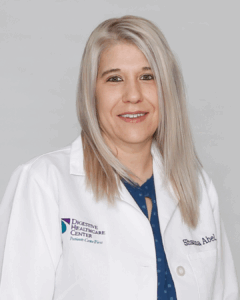
Shauna Abel, NP Learn More

Alysia Tsui, PA Learn More
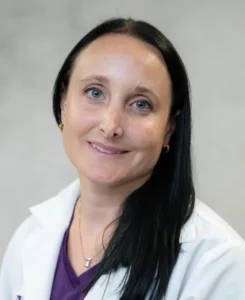
Katrina Campion, AGNP Learn More

Shreyas Saligram, MD, MRCP (UK), FACG, FASGE Learn More

Mark Greaves, MD Learn More

Claudia Barghash, MD Learn More

Alan Gingold, DO Learn More

Cory Vergilio, MD Learn More

Gary F. Ciambotti, MD Learn More

Charles A. Accurso, MD, FACG Learn More
Our Gastroenterology Centers in NJ
Those throughout NJ have access to our three office locations, including our Hillsborough office and surgical center. Whether you are looking for help with uncomfortable symptoms or have been facing a digestive condition for years, our team of expert gastroenterologists is here for you. We want to help you live a healthier and more comfortable life – please contact us today to make an appointment!
- Hillsborough, NJ
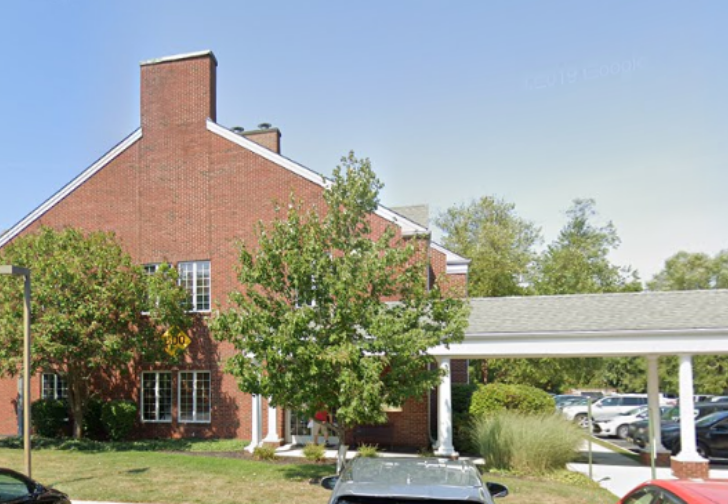
511 Courtyard Drive Bldg. 500
Hillsborough, NJ 08844
- Somerville, NJ

- Warren, NJ
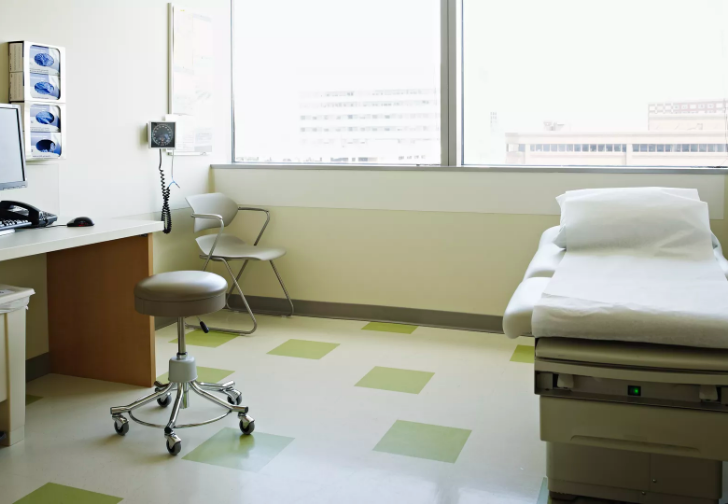
31 Mountain Boulevard Suite H
Warren, NJ 07059
Recent Blogs
Learn more about all things digestive health and wellness by checking out our recent gastroenterology blogs.

Walk in Solidarity and Support Breast Cancer
Blog On October 21st the DHC team and family members had a wonderful time walking in solidarity and support of Breast Cancer in honor of

The Do’s and Don’ts of Eating This Holiday Season
Blog The holiday season is officially upon us, complete with holiday food and cheer. While this time is well renowned for being “the most wonderful
Tame Your Flame: Our Summer Guide to Digestive-Friendly Eating
Blog With summer officially upon us, barbecue season is in full swing. That means blue skies, sunshine and making merry memories. Whether you’re invited to
Colonoscopy at Digestive Healthcare Center in Somerset County
Proper preparation is crucial for the completion of a successful colonoscopy. Please follow all instructions given to you by your physician, and contact us with any questions you have. We are proud to provide comprehensive digestive health care and services to patients at our three gastroenterology centers in NJ, with colonoscopies performed at our Hillsborough office and surgical center. To learn more or schedule your appointment, please contact us today.
